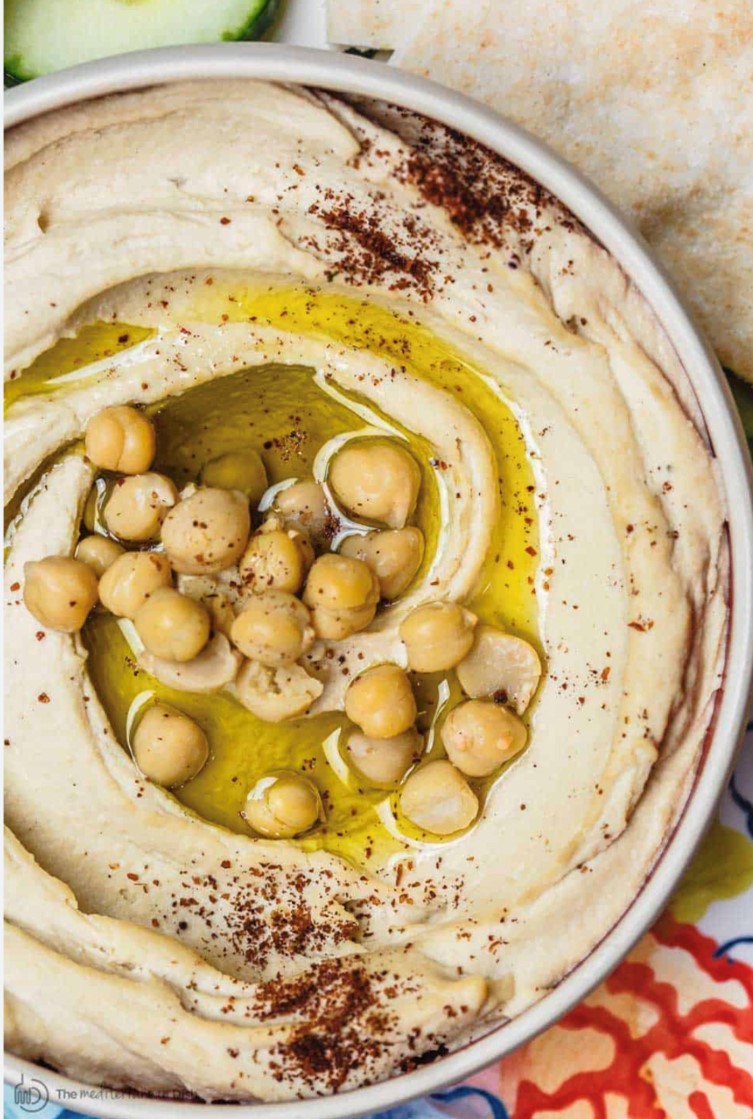
When traveling abroad, we often seek out famous landmarks, historical sites, and cultural attractions. However, one of the most authentic ways to immerse ourselves in a new culture is through grocery shopping. Visiting a local supermarket or open-air market offers a unique lens through which to understand the local way of life, culinary preferences, and social traditions.
Each time I travel abroad, I go to a grocery store to have this experience. But last time was different. It made me ask questions about cultural appropriation. As I was walking from one aisle to another, I noticed something strange, and it said, “chocolate hummus,” a dark-browned dip with chocolate chips on top, different from what I know.
Growing up, I remember my grandmother used to make hummus with chickpeas, tahini, lemon juice, and a pinch of salt, and another type of hummus, which is beetroot hummus. But seeing chocolate hummus was strange.
As a Lebanese traveler, finding chocolate hummus might have raised some eyebrows, considering the rich history and traditions associated with authentic hummus. It's a great example of culinary innovation.
But was it always like this?
The earliest known references to chickpea-based dips appear in ancient texts from the Levant area, a region encompassing modern-day countries like Lebanon and Syria. Some sources suggest that a form of hummus may have been consumed in ancient Egypt.
Hummus likely evolved in the Levantine region, where local ingredients such as chickpeas and sesame seeds were abundant. Recipes for hummus have been found in 13th-century Arab cookbooks, indicating its popularity during that era.
Over the centuries, hummus has become a staple in Middle Eastern cuisine and has various cultural significances. It is often served during religious festivals, family gatherings, and as part of meals in everyday life.
Modern interpretations of hummus include different ingredients like roasted red peppers, beetroot, and herbs, catering to diverse palates and dietary preferences.
Hummus continues to be a symbol of culinary tradition, adaptability, and community across cultures, enjoyed by countless people around the globe.